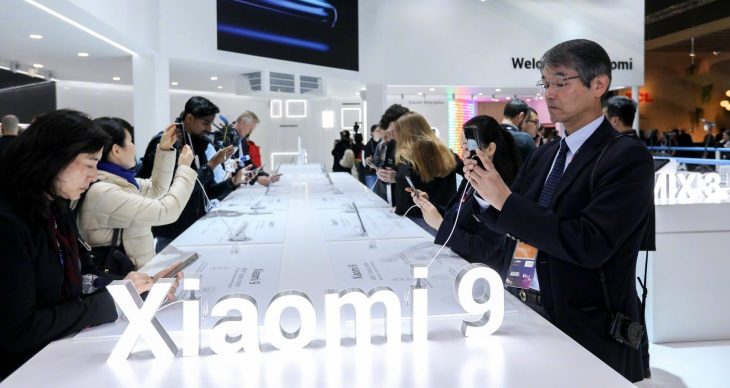Xiaomi Q4 sees strong growth in overseas shipment and internet services

Xiaomi, the Chinese company known for its cheap handsets and a vision to drive revenues by selling internet services, has come in ahead of analysts’ estimates in its fourth-quarter profit although revenues missed expectations.
The Hong Kong-listed company more than tripled its net profit to 1.85 billion yuan ($276 million), exceeding the 1.7 billion yuan average estimate, Reuters reported citing Refinitiv data. However, revenue from the quarter missed the 47.4 billion yuan expectation, rising 26.5 percent to 44.4 billion yuan ($6.62 billion).
Xiaomi singled out overseas markets in its latest earnings report as the segment grew 118.1 percent to make up 40 percent of its total revenue in the fourth quarter, compared with just 28 percent for the year-earlier period. Xiaomi has been particularly well-received in India, where it holds a leading position in smartphone shipments according to market researcher Canalys, and it’s seeing rapid growth in western Europe.
Unlike conventional smartphone makers that are fixated on selling hardware, Xiaomi runs what it calls a “triathlon” business model comprising of hardware, software and retail. To put it in layman’s terms, the company is selling hardware through its network of online and offline stores, upon which users will consume the app services and in-app ads that come with its smartphones, smartwatches, smart air purifiers and hundreds of other connected devices.
Xiaomi has repeatedly billed itself as an “internet” firm, though so far smartphones are still its main economic driver, accounting for 65.1 percent of overall revenue in Q4. Despite a sluggish year for smartphone brands around the world, Xiaomi handsets grew nearly 30 percent to 118.7 million units in sales last year. The company predicted back in October that it was on course to hit the 100 million sales mark that month.
25.1 percent of Xiaomi’s Q4 revenue went to smart devices (excluding phones) and lifestyle items, representing an 87 percent year-over-year growth. The latter category, which ranges from umbrellas and suitcases to clothes and shoes, is pivotal to Xiaomi’s goal to attract more female users, an effort that has seen the company team up with selfie app maker Meitu.
Internet services remain as Xiaomi’s smallest segment, bringing in only 9.1 percent of total revenue and growing at 61 percent year-over-year. But the highly lucrative business is bound to carry more load in the future as Xiaomi has promised to keep profit margins for smartphones and hardware under 5 percent.
Gross profit margin from Xiaomi’s internet services increased to 64.4 percent in 2018, up from 60.2 percent in 2017 driven by a higher-margin advertising business. The number is well above the 6.2 percent profit margin for Xiaomi smartphones, and the firm can potentially generate more internet-based income if it’s able to step up monetization of the 242.1 million monthly users on its ecosystems apps.
The headline has been corrected.